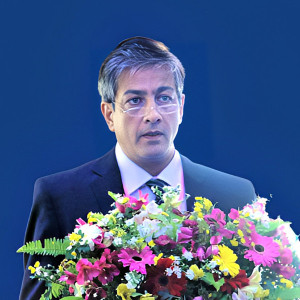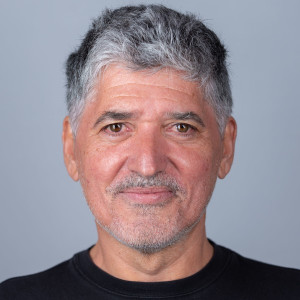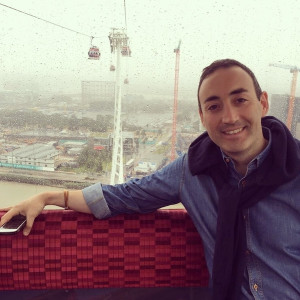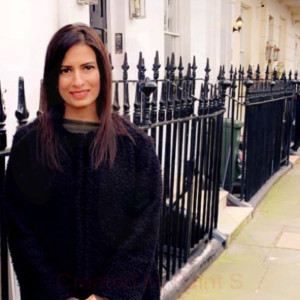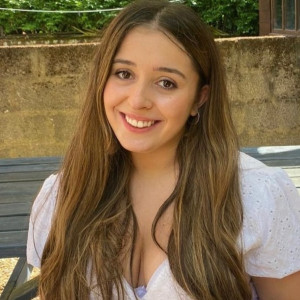Chapters
What if you had to work all day, every day, earning nothing but your keep? And what if the bit of subsistence you got was granted only grudgingly, as long as you serve your purpose? And what would happen if, one day, you weren't given your keep? Would you carry on in such conditions? In knowing that, as soon as you are no longer of any use, you would meet your end?
If these prospects outrage you, you may have something in common with the animals on Mr Jones' farm. And probably with the Soviets, too. George Orwell made no secret that this was intended as a criticism of the Stalinist movement. He concealed his denouncements carefully:
- Napoleon represents Stalin
- Snowball stands in for Leon Trotsky
- Squealer is emblematic of the Russian news media of the time
- Old Major embodies the qualities of Marx and Lenin
- the four complaining pigs were probably meant to be four of Stalin's most outspoken critics who were killed in the Great Purge
- Mr Jones is Tsar Nicholas II
- Boxer, the cart horse, is most likely the Stakhanovite hero Alexi Stakhanov
We found many other parallels between Russian Revolution actors and the animals in Orwell's book. But these should be enough to set the stage for proper appreciation of this whimsical, allegorical, terrifying work. So let's get to it!

Animal Farm Overview
George Orwell wrote Animal Farm over the winter of 1943 to 1944. He called it a ‘fairy tale’ in which he creates an allegory of the Russian Revolution and Stalin’s corruption of the communist ideal. This work continues to resonate around the world. Particularly wherever politicians and leaders manipulate their populations and ‘spin’ events to support their own prosperity at the cost of their supporters.

Themes
Controlling Language
When words are used to sound meaningful while really masking nonsense, people (and animals) can be tricked and confused. When the Major’s thoughts are codified into the Seven Commandments of Animalism, the words he used are simplified and standardised. That's reasonable enough, one might think. The animals certainly did. They especially liked the most important commandment: all animals are equal.
But those simple edicts were the first steps towards autocratic slogans. Sure, all animals are equal, "but some animals are more equal than others”. What about four legs being good? Well, in an eerie precursor to that 1990s idiom 'less is more', it became “four legs good, two legs better”.
What Orwell is describing is spin - pure, plain and simple. Your parents might try to put a good spin on news that might otherwise sound dreadful. Like having sprouts for dinner all week long. Politicians spin all the time. Much as we'd like to think so, they're no more egregious about spinning today than they were in Orwell's time. Now as then, they use words to confuse and deceive.
Corruption of Ideals
The great experiment of Animal Farm begins as a ‘dream’. The dream belongs to the well-respected prize boar, the Old Major. Who could disagree with the simple facts as he states them?
“Man is the only creature that consumes without producing. He does not give milk, he does not lay eggs, he is too weak to pull the plough, he cannot run fast enough to catch rabbits.” Old Major
The animals applaud the plan to find a better life; a life of freedom, like such efforts often applauded in our human world. But Orwell’s ‘fairy tale’ succeeds in showing that having high ideals is no guarantee of success. Nor are these ideals impossible to corrupt. Indeed, Orwell shows us how very corruptible they are.
That three pigs ‘had elaborated old Major's teachings into a complete system of thought’ is the first instance of such. Their Animalism seems to favour their point of view. Sugar, for instance, is a bourgeois luxury. Something the pigs never coveted or enjoyed. So they decreed that there will be no need for sugar ‘after the Rebellion’, despite other animals having enjoyed that treat.
On the first day of freedom, Napoleon appropriates the cows' milk for the pigs. But the cows were promised that their milk would serve to raise their calves! It's getting harder to believe that Napoleon and Snowball ever gave Old Major’s ideal any credence. Except as a way to build their own profit and power. Note how Orwell is far more subtle in outlining his corruption of ideals than William Golding was in Lord of the Flies.
Humour as Criticism
Orwell uses humour throughout the story to draw attention to his characters’ actions. It makes it more palatable for the reader to 'buy' the deceptions he lays out. For instance, Squealer’s justification for the pigs taking the apples and milk is laced with deceit. The verbal sleight of hand is obvious to humans but less so to the animals.
"You do not imagine, I hope, that we pigs are doing this in a spirit of selfishness and privilege? Many of us actually dislike milk and apples. I dislike them myself.” Squealer
This protest is so blatantly dishonest that we must laugh. Yet whenever politicians or people in authority make similar protestations of disinterest, we can't help but remember the pigs and their ‘spin’. And it doesn't even have to be an authority figure. These days, we can detect deceit in newscasters' voices as well as financial bad actors'.
Animal Farm Cast of Characters
Orwell populates his tale with a believable cast. Furthermore, he attaches known scientific facts to the animals. It's long been proven that pigs are highly intelligent and that horses, once broken, are quite amenable. He makes the sheep stupid and conforming and the hens first to raise a cluck (to rebel). The cat displays typical feline laziness and disloyalty. Now, for a closer look at the main actors.
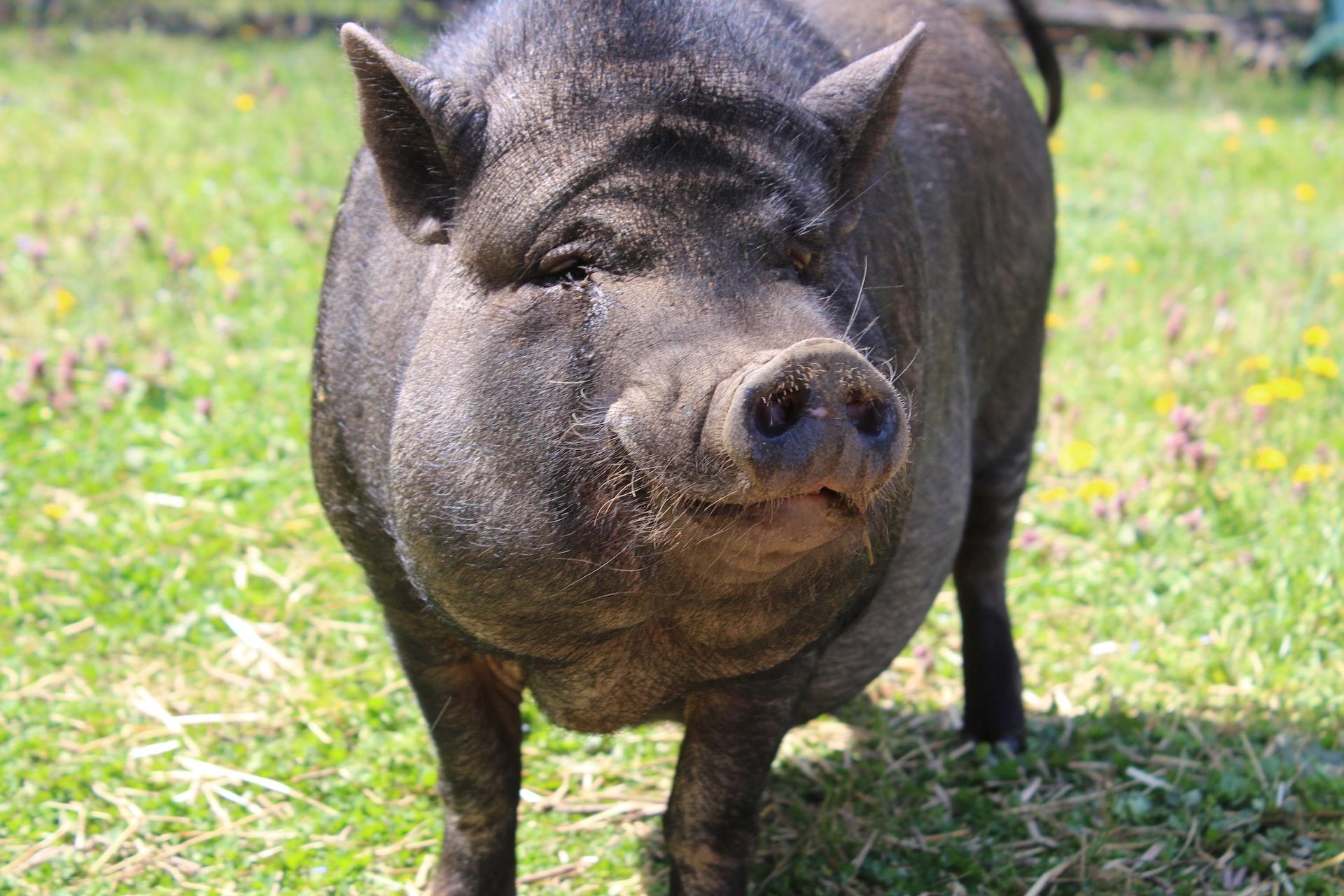
Napoleon
Napoleon’s characterisation is relatively simplistic, but by no means unbelievable. There is very little chance for us to see things from Napoleon’s perspective since the story retains a detached narrative voice throughout. A dry, factual tone marks all of Napoleon's actions as inscrutable. In fact, the spurious propaganda that Squealer disseminates gives us the best interpretations we could have of Napoleon’s motivations.
Named after the French Emperor, Napoleon follows his namesake in betraying the democratic ideals which propelled him into his position. He represents Joseph Stalin within the allegory of the Russian Revolution, as Orwell had meant for him to do. However, this tale's Napoleon is also a depiction of a ruthless leader willing to use violence to force his will upon a population.
Snowball
Snowball represents Leon Trotsky, the socialist who initially worked alongside Joseph Stalin. He was forced to flee Russia and ended up getting murdered in Mexico. Snowball takes the starring role in key moments of this story. When he spearheaded the Battle of the Cowshed, for instance. He had ‘studied an old book of Julius Caesar's campaigns’ and his plans for the windmill. Such acts demonstrate his intellectual and tactical superiority over Napoleon and the other pigs.
Orwell doesn’t create a picture of a sterling idealist in Snowball. After all, Snowball participates in the pigs’ preparations for taking power. But this pig does seem to have a moral streak and holds sincere dreams of a better life. Why else would he have ploughed through all of Farmer Jones’ books in addition to Caesar. You don't read 'One Thousand Useful Things to Do About the House', 'Every Man His Own Bricklayer', and 'Electricity for Beginners' just to remain a lazy pig, after all.
Snowball is quickly frightened away by the threat of violence. Just as Lenny becomes a scapegoat for Curley's rage in Of Mice and Men, Snowball becomes a scapegoat for any failures the animals fall into. Or should we say a ‘scape-pig’? Anyway, his popularity and high profile are still useful to Napoleon even after he is gone.
The Old Major
The Old Major is the spark that lights the Rebellion's fuse. His dream runs parallel to the philosophy of Karl Marx. As you surely know, Marx inspired socialists and communists to begin their own human experiment in reordering society. Like Marx, the Old Major dies before he can see what becomes of his dream. Orwell cleverly engineers Old Major's demise so that the reader isn’t challenged to form an opinion of this character or his beliefs. He wanted the focus to stay on how the animals carry out those dreams.
The Cat
The cat is a minor character, but an interesting one because she stands to one side of most of the animals. As an opportunist and an individualist, she escapes Napoleon’s purges and surfs the political tide. She always looks ‘for the warmest place’. Isn't that just like a cat?
She is not interested in listening to the address in the barn at the beginning of the story. She avoids work and purrs ‘so affectionately’ that she is let off from taking her share of the labours. She disappears from the story when Napoleon begins to execute other animals, suggesting that she has intuited her time to leave the farm had come.
While totally in character for a cat, this prompts us to ask why more animals don’t leave. But Orwell’s character here remains untouched by the Rebellion. The cat cares nothing about the new order guiding Animal Farm so long as she can maintain her level of comfort and her desires.

Animal Farm: Conclusion
Some readers approach Animal Farm by analysing the allegory or looking at one particular character. Others consider the writer’s decision to feature certain events and skip over others. In recounting these events, Orwell has as much of an agenda as Squealer with his propaganda. But Orwell created a lasting and resonant fantasy to reveal the real way that people act in their own interest.
Let us focus on Old Major's vision of a better society. Once set in motion, the dream plays out quite contrary to the ideals that the old pig had envisioned. We needn't look too far to find a suitable parallel. We have two recent 'Old Major' examples to draw on: Sir Tim Berners-Lee and Jack Dorsey.
Both men envisioned a world of community and sharing, a sort of Society 2.0. Everyone would have equal access and everyone would have a voice. Unfortunately, it didn't take long for both the World Wide Web and Twitter to become monetised and weaponised. A playground for deceit, disinformation and disunity. All for the benefit of those who averred that everyone was equal - but acted as though some were more equal than others.
Today, both men grieve the death of their visions of unity. They decry what their creations have become and denounce those who brought Twitter and the World Wide Web to what they are today. Unlike Old Major, our visionaries live on to see what's become of their dream. In a sense, you might say Orwell was merciful in ending Old Major's life before he could be similarly distraught.
Animal Farm doesn't relate strictly to politics or philosophy. The Internet and Twitter-sphere parallels show us that George Orwell's tale of betrayal and power lust is universally applicable. Do animals, including the human animal have it within them to create and sustain a truly equal society, in cyberspace or on Earth?
Orwell wisely leaves that question open. He's only presenting facts, albeit with a great deal of surface charm. What we take from it and how we move forward is up to us. But one point is certain. If you need more help understanding Animal Farm and other works, Superprof is here for you. You can book a GCSE English tutor from the Superprof website to talk about this tale and other great works of literature.



